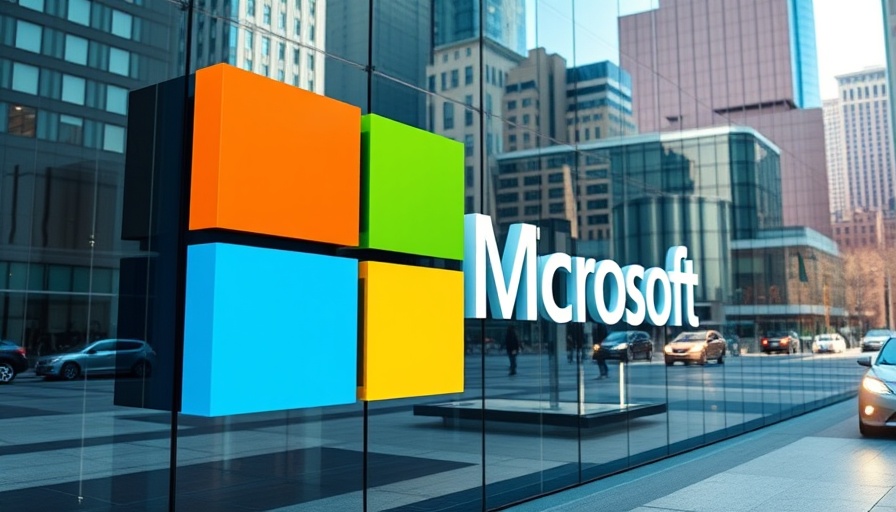
The Dark Side of Convenience: Microsoft’s New Recall Feature
Recently, Microsoft has come under fire for its controversial Recall feature, which promises to simplify user experiences but raises significant ethical concerns. This built-in tool captures screenshots of user activities at regular intervals, documenting everything from mundane tasks to sensitive communications. Although Microsoft presents this as a convenience, many view it as an invasive surveillance tactic that compromises user privacy.
Privacy Invasion: A New Normal?
This opt-in feature has sparked heated debates surrounding privacy rights. As more individuals enable Recall, the risk escalates for friends, family, or coworkers whose interactions are captured without consent. This aspect particularly raises issues about trust in digital communications. Imagine being hesitant to discuss personal topics due to concerns that they might be captured and stored by another person’s device.
Legal Risks and Implications
The searchable nature of the Recall feature could also have troubling implications in legal proceedings. Information captured could easily be misused, leading to distorted narratives or even blackmail opportunities. Users need to be aware that what they share, even in a private conversation, could enter a larger digital archive without their knowledge.
The Broader Context: Tech Giants and Surveillance Culture
This latest move by Microsoft highlights a troubling trend among technology companies where the line between convenience and invasive surveillance becomes increasingly blurred. The rise of smart devices and ubiquitous technologies has led us down a path where privacy seems to take a backseat to perceived enhancements in efficiency. As a society, we must critically evaluate the costs of these advancements and consider the loss of privacy rights at every turn.
Final Thoughts: Stay Informed and Skeptical
As tech evolves, so too must our understanding of how it affects our lives. Awareness of features like Microsoft’s Recall can empower users to make more informed choices about their digital footprints. It’s vital to challenge the notion that surveillance is simply an acceptable trade-off for convenience.
 Add Row
Add Row  Add
Add 




 Add Row
Add Row  Add
Add 



Write A Comment